The surprising history of the common house key
House keys, though often overlooked, are fascinating little devices that hold great significance in our daily lives. They are the silent sentinels of security, quietly ensuring that our personal spaces remain our own.
While they might seem mundane, the history and evolution of keys reveal a captivating journey through time and technology. As we explore their past, present, and future, we’ll uncover how keys have shaped societies and continue to adapt to our needs.
The Ancient Beginnings: Keys in Ancient Egypt
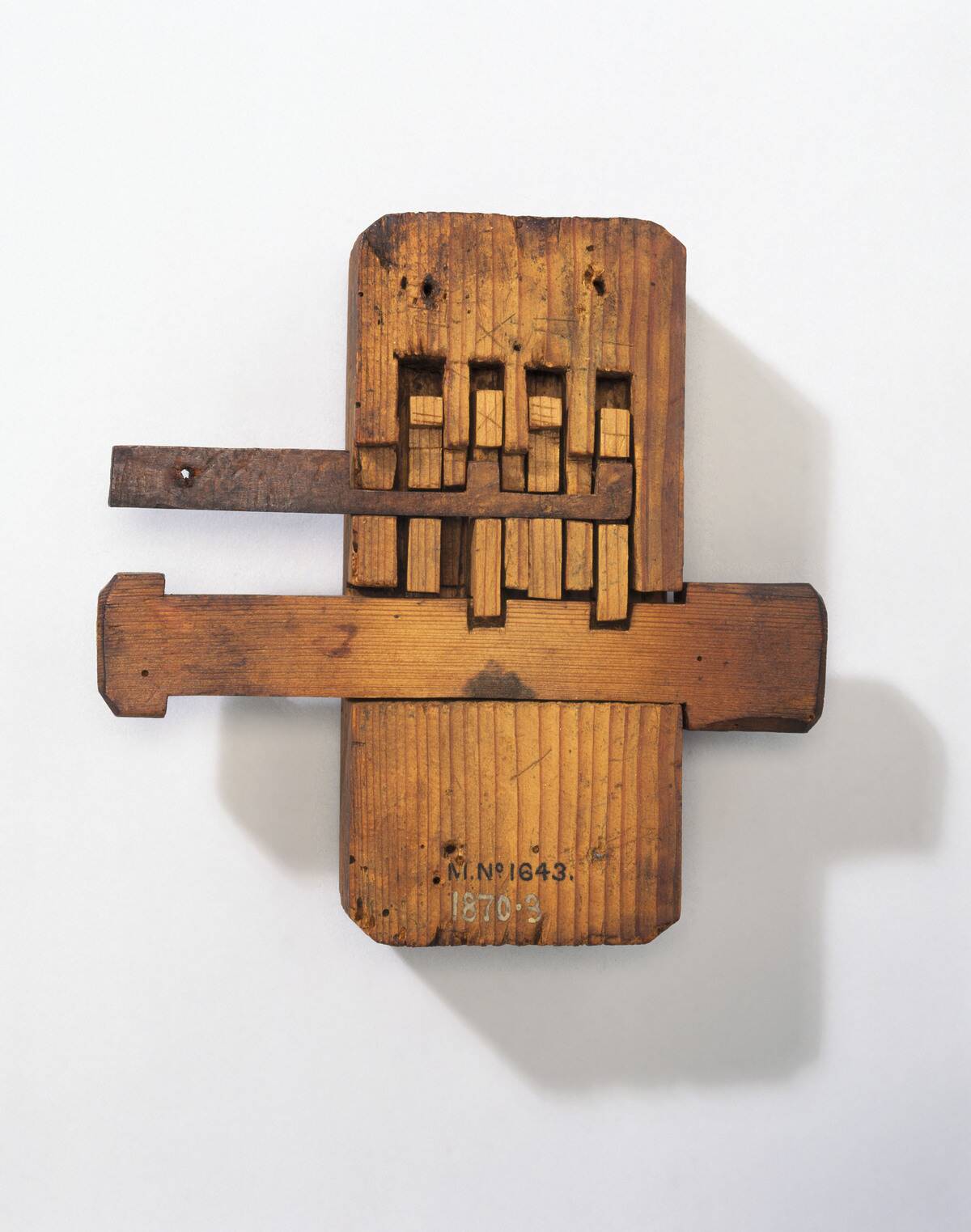
In ancient Egypt, keys were rudimentary yet innovative, made primarily from wood. These early locking mechanisms were known as pin locks, and they were surprisingly advanced for their time.
Egyptian keys were cumbersome, designed to secure important doors and treasures. These keys were not just practical tools; they were symbols of wealth and power, often adorned with intricate carvings to reflect the status of their owners.
The Intricacies of Roman Key Design
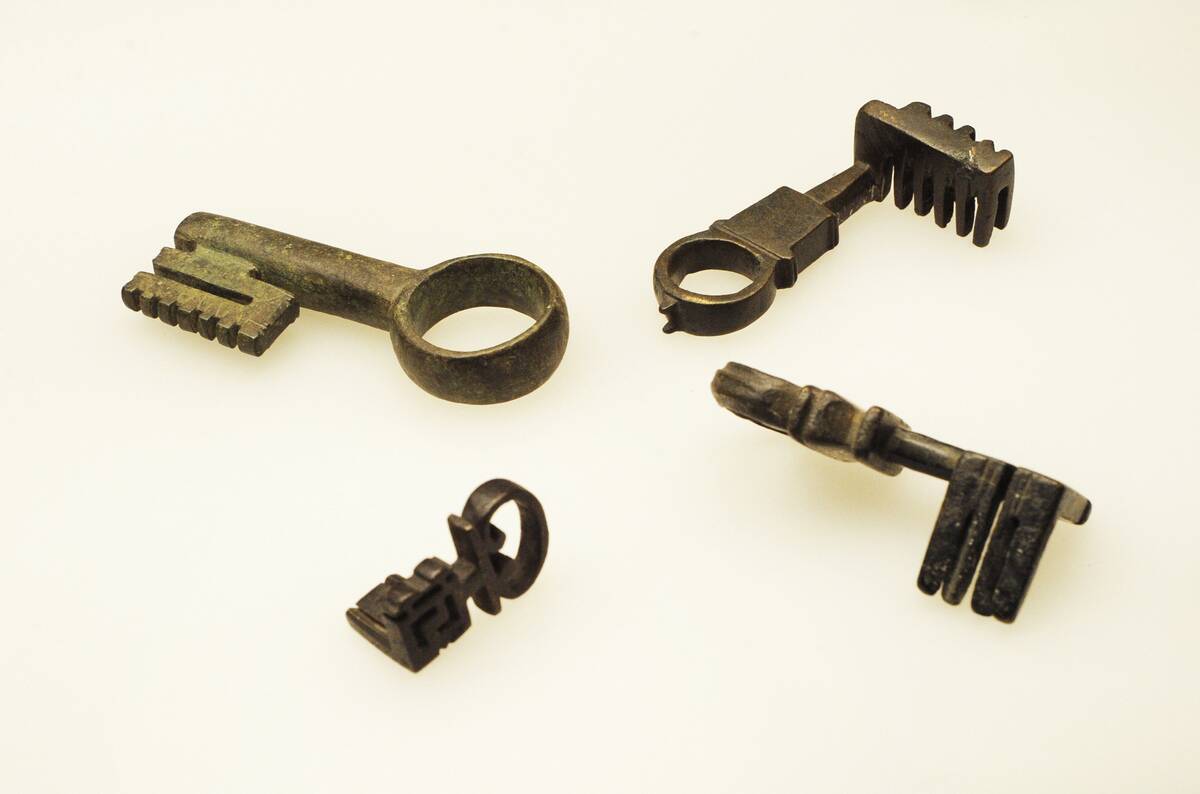
Roman keys were a marvel of engineering and style, crafted from iron and bronze. They introduced the concept of wards, which added complexity and security to locks. Romans took pride in their keys, often wearing them as rings to signify importance and status.
The sophistication of Roman keys laid the groundwork for future lock designs, demonstrating the importance of security in a growing empire.
Medieval Keys: A Symbol of Power and Authority
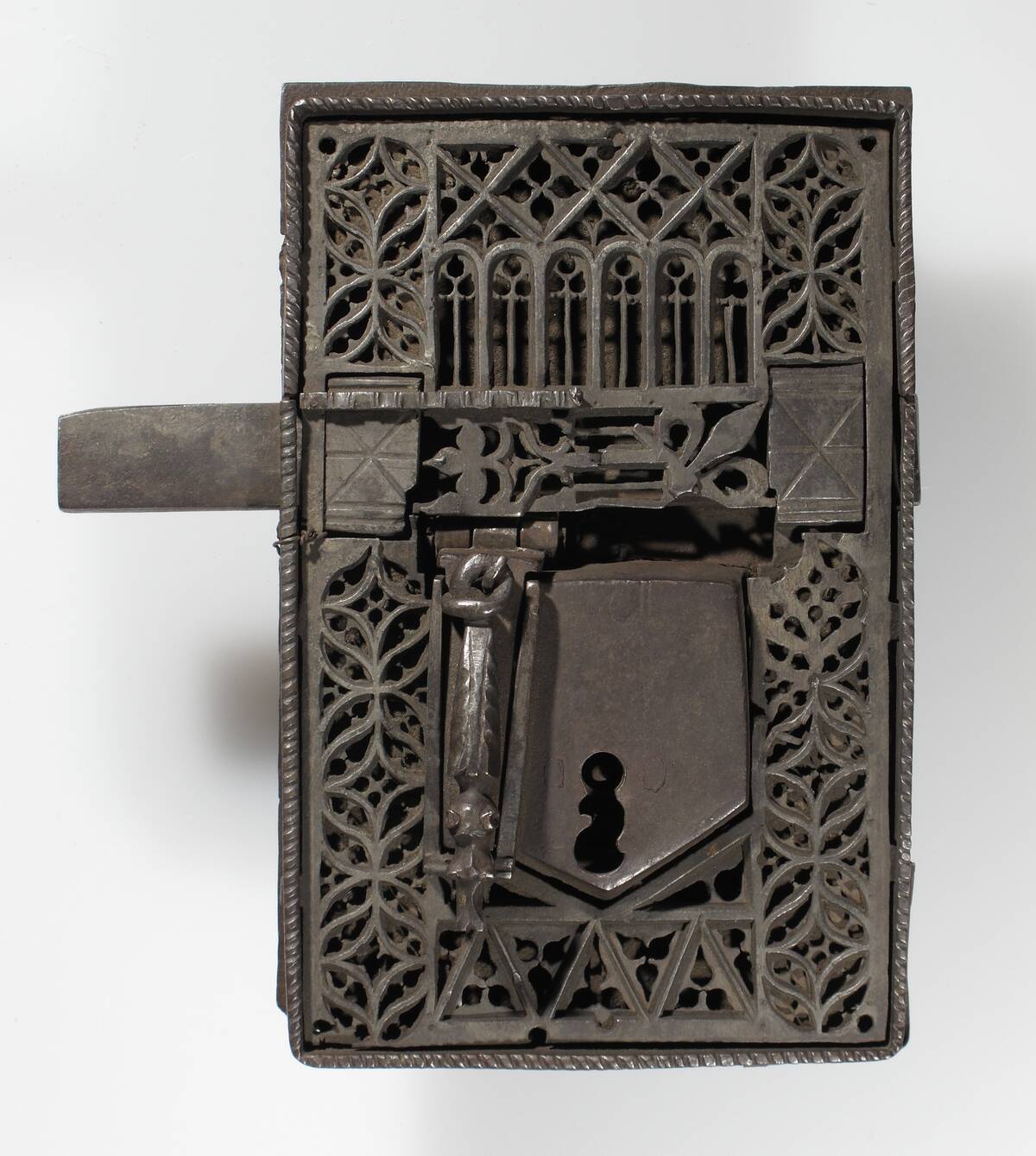
During the medieval period, keys became symbols of authority, often wielded by castle stewards and at monasteries. The craftsmanship of medieval keys was exceptional, with intricate designs that reflected the artistry of the time.
Keys during this era were often large and ornate, crafted by skilled blacksmiths to ensure security. This period solidified the key’s role as both a functional tool and a representation of power.
The Renaissance of Key Craftsmanship
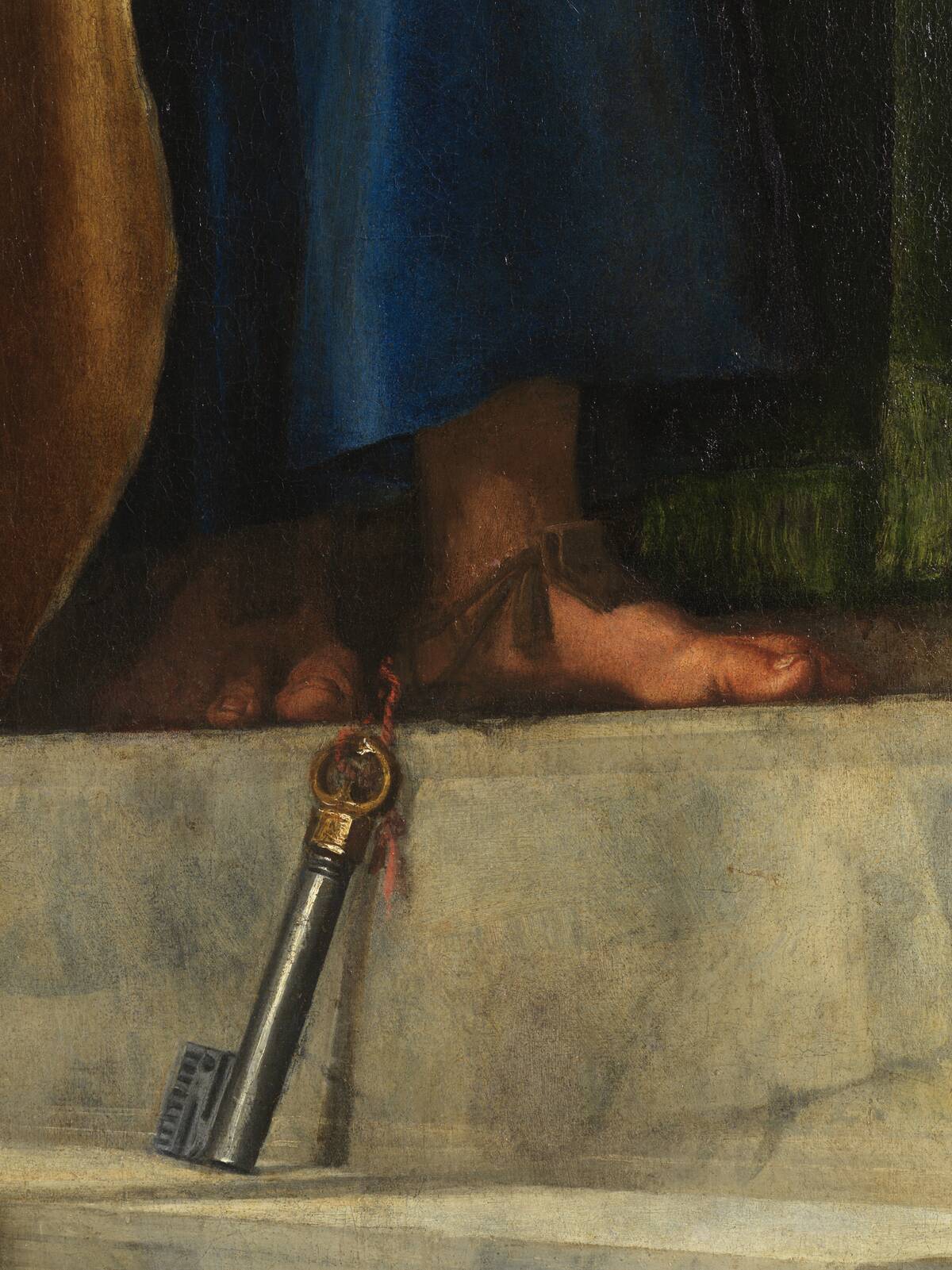
The Renaissance brought about a resurgence in art and engineering, and key craftsmanship was no exception. This era saw the introduction of more sophisticated lock mechanisms, with keys becoming smaller and more ornate.
Artisans took pride in their work, crafting keys that were both beautiful and functional. Key designs became more varied, reflecting the creativity and innovation that defined the Renaissance.
The Industrial Revolution and the Birth of the Modern Key
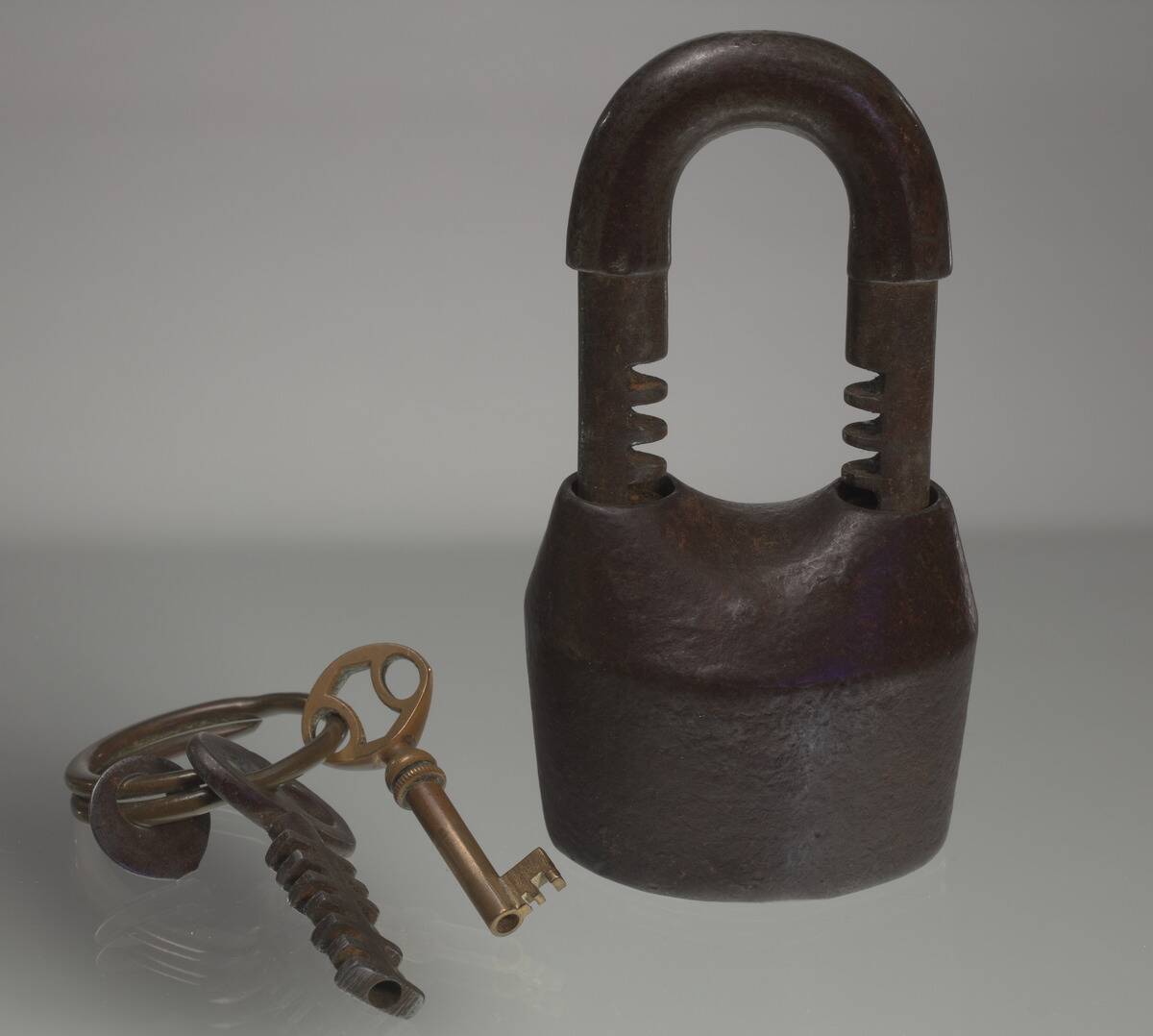
The Industrial Revolution marked a significant turning point in the history of keys. Mass production techniques allowed for the creation of more precise and reliable keys and locks.
This era saw the introduction of the cylinder lock, which remains a staple in modern security systems. The ability to produce keys on a large scale made them more accessible, leading to widespread use and the standardization of key designs.
Key Evolution: From Skeleton Keys to Cylinder Locks
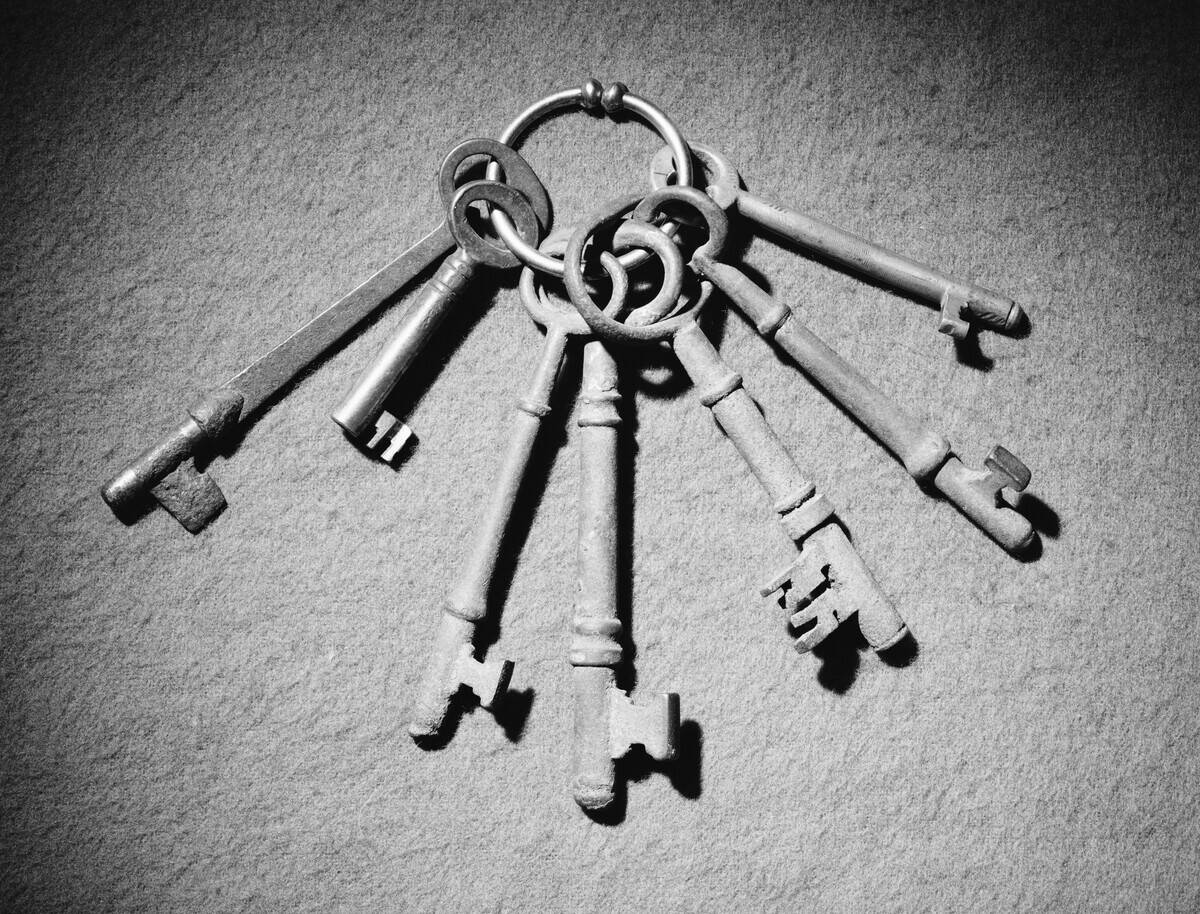
Skeleton keys, once the go-to for unlocking various locks, began to decline in use with the advent of cylinder locks. This new design offered greater security and ease of use, quickly becoming the standard.
Cylinder locks, with their unique pin tumbler mechanism, revolutionized the way we think about security. Today, they remain an integral part of our daily lives, embodying centuries of innovation and adaptation.
The Rise of Key Duplication and Its Impact

With the development of key duplication technology, the landscape of security changed dramatically. The ability to quickly and easily replicate keys introduced both convenience and new security concerns.
While duplication made it easier for people to access their properties, it also led to increased risks of unauthorized access. This duality highlights the ongoing balance between convenience and security in the world of keys.
Famous Keys in History: Legends and Lore
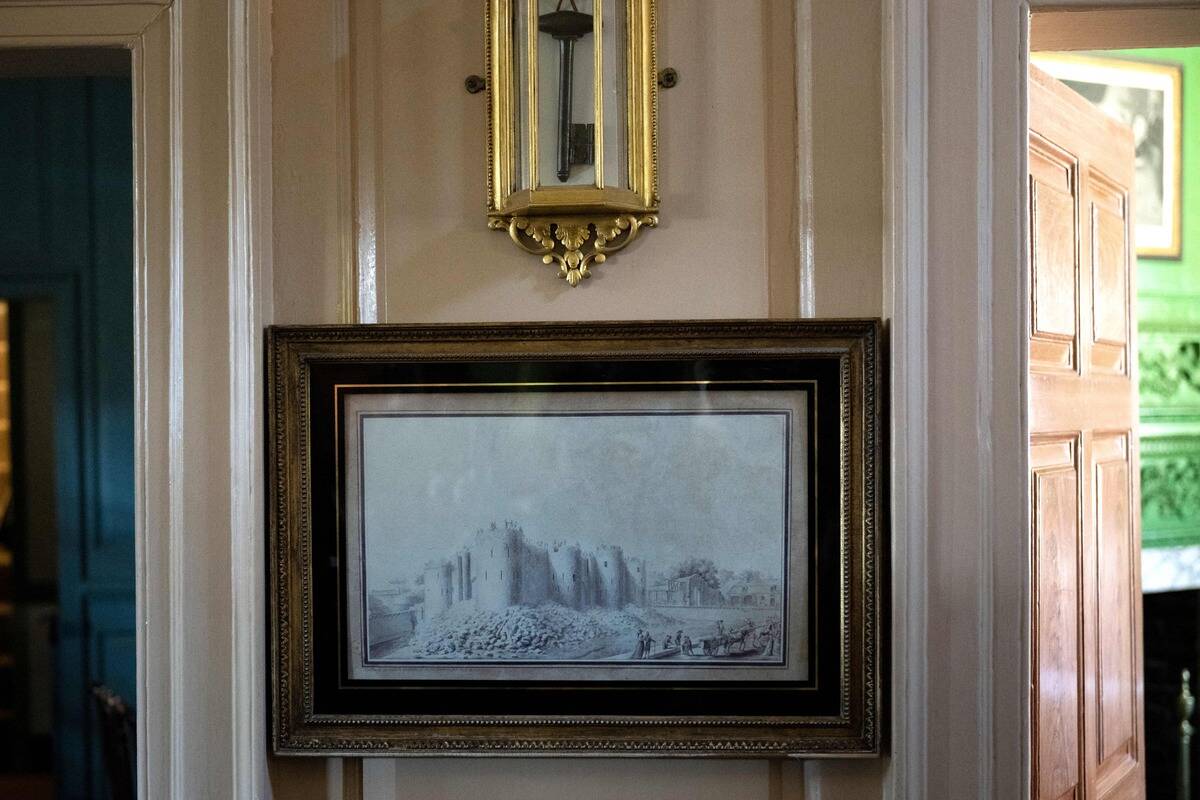
Throughout history, certain keys have gained legendary status, often intertwined with tales of mystery and adventure. One such example is the key to the Bastille, a symbol of the French Revolution now housed at George Washington’s Mount Vernon.
Another is the key to the city of London, traditionally presented in ceremonies as a token of freedom and honor. These keys, steeped in lore, remind us of the cultural and historical significance they hold.
The Cultural Significance of Keys Across the Globe
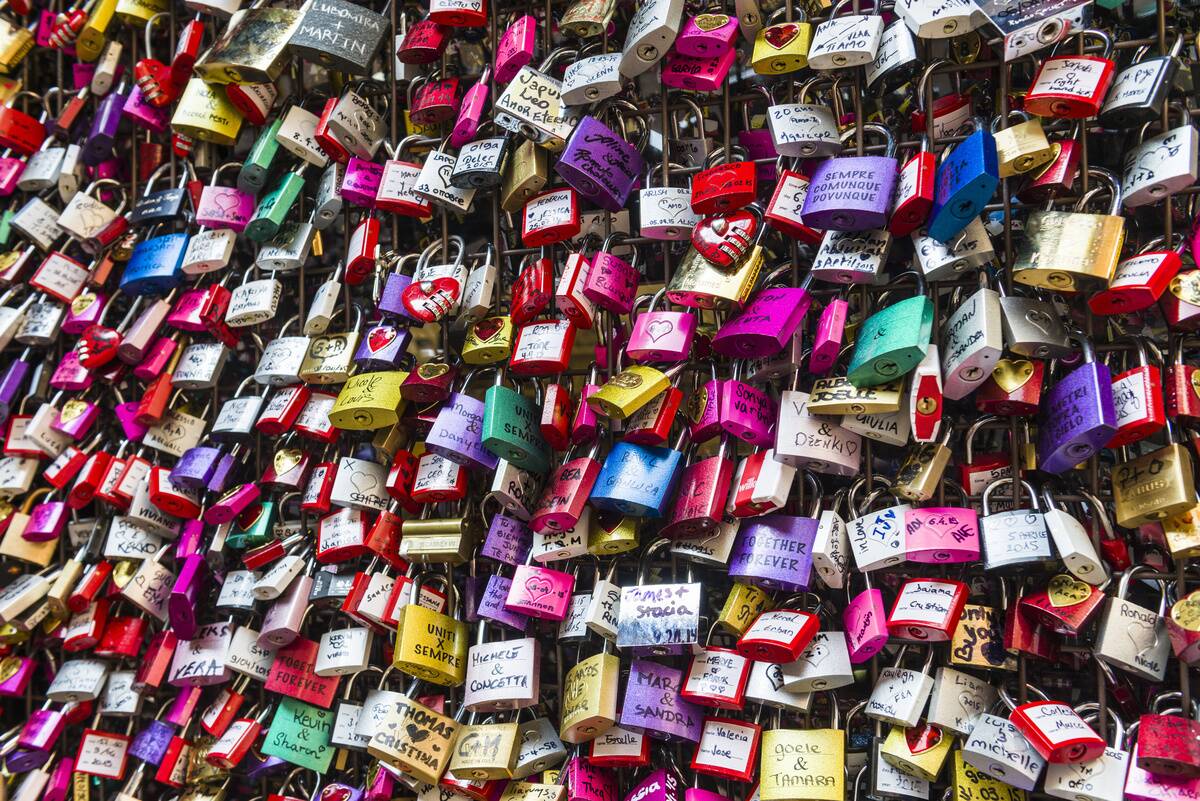
Keys hold various cultural significances worldwide, often symbolizing freedom, safety, and new beginnings. In many cultures, gifting a key represents trust and responsibility, while in others, it can signify a rite of passage.
For instance, in Italy, keys are often given to newlyweds as a symbol of unlocking a new life together. These cultural interpretations highlight the universal importance of keys beyond their practical use.
Key Collecting: A Quirky Hobby with Deep Roots

Key collecting is a unique hobby that attracts enthusiasts drawn to the history and artistry of keys. Collectors often seek out rare and antique keys, each with its own story and craftsmanship.
This hobby offers a glimpse into the past, showcasing the evolution of design and technology over centuries. Key collecting is a testament to the enduring fascination and allure of these small yet significant objects.
The Rise of Digital and Smart Keys: A New Era
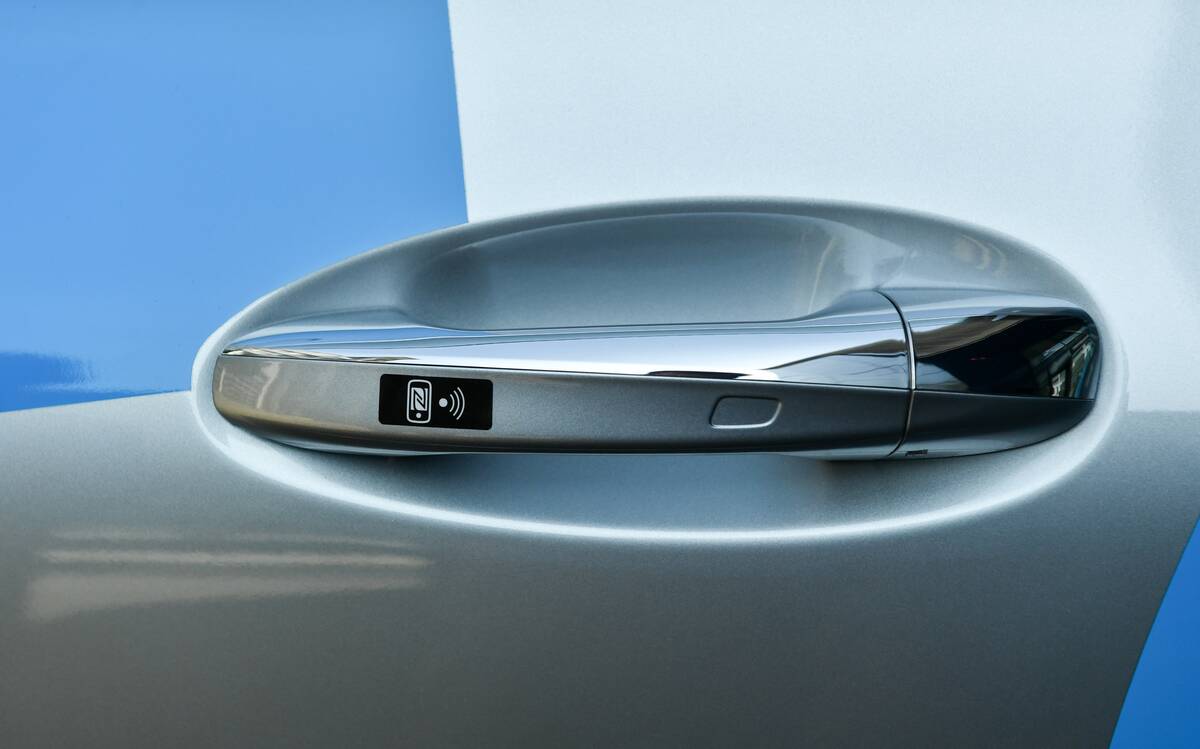
As technology advances, digital and smart keys are becoming increasingly prevalent. These keys offer convenience and enhanced security, allowing users to control access through smartphones and other devices.
The rise of smart keys represents a shift towards more integrated and automated systems, transforming the way we think about access and security. This evolution reflects the ongoing adaptation of keys to meet the demands of a digital world.



